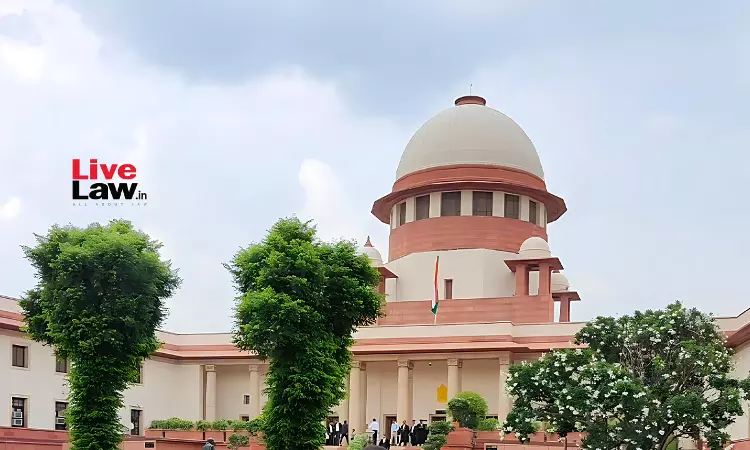The Supreme Court recently while acquitting a convict in a murder case held that evidence of persons before whom extra-judicial confession is made must be of sterling quality.The Court observed, “When prosecution relies upon the evidence of extra-judicial confession, normally, the Court will expect that the evidence of the persons before whom extra-judicial confession is allegedly made must...

